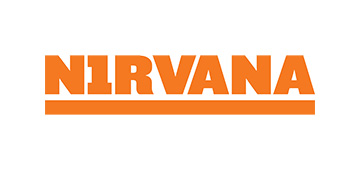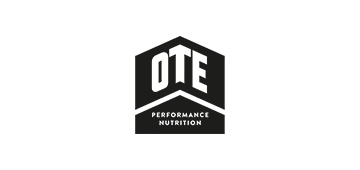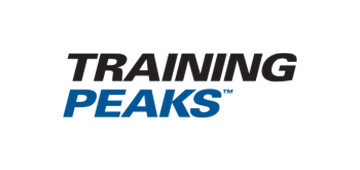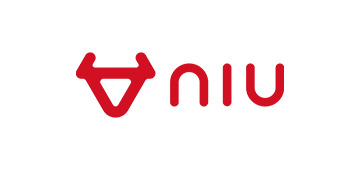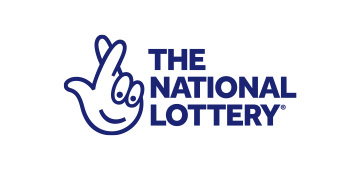The options here are huge and again we cannot possibly cover everything, however, we will highlight some of the more obvious choices, these include; Racing abroad and studying in Europe and the USA along with some key considerations.
Racing and working in Europe
There are a number of successful domestic triathlon series in Europe the most well known being the French Grand Prix and German Bundesliga – as well as France and Germany, British athletes have and are currently racing for teams in Italy, Spain, Belgium, Portugal, Austria, Switzerland and Hungary. While it is more usual for athletes to base themselves in Britain and travel abroad to race it is of course possible to live and work in Europe and some of the more developed clubs and teams can help you with this.
Find out more – racing for a foreign team generally works by word of mouth - ask around at British races to find out who has been where and what they have learnt.
Watch and Listen
Please listen to this interview where both Glasgow 2014 Commonwealth Champion Jodie Stimpson and 2016 Olympic Bronze medallist Vicky Holland reflect on their experiences training and living abroad. While moving abroad is an option post 18 some thought for a young athlete will obviously need to be given to how this will be budgeted for. For the majority of the time that both Jodie and Vicky were based abroad they were funded by the World Class Programme and/or were picking up significant amounts of prize money from racing. Jodie did, at the start of her career, also work and save up to fund her first two training winter trips to Australia before she started to earn enough prize money to sustain herself. This is referred to more in her interview on the Employment and world of work page here.
Studying in Europe
A number of European countries including France, Germany and the Netherlands all have significantly lower tuition fees than in the UK and the number of degree courses taught in English in Europe is increasing which makes living and studying abroad an option. It is not clear at the time of writing if Brexit will have any implications for British nationals wanting to study abroad.
What is clear is that if you study abroad you will not be eligible for a UK student loan, which covers both academic and living costs so you will certainly need to consider the impact of this.
Find out more - Save the Student have some info here and Top Universities have info here on studying abroad in English.
If you are seriously considering studying abroad and balancing triathlon we would suggest you looking to spend some time racing in the country you are most interested in to find out more about where the athletes living there are based and which universities have triathlon programmes.
Distance Learning
If you are really committed to living/training and racing in Europe, or anywhere else in the World for that matter, and want to study for a British degree at the same time distance learning or Open University is also an option for you to consider.
Find out more about distance learning on our dedicated page here.
The USA
For women only triathlon is now an NCAA sport, this means that American Colleges and Universities are able to offer triathlon scholarships.
The type of scholarship and amount of benefit that comes with it will depend on a number of things primary of which is what Division the College or University is in. Division 1 are the most well funded and resourced, have the biggest sporting programmes and offer more by way of scholarship. Division 2, while still competitive, will only offer at the most a partial scholarship, while Division 3 offer no scholarship at all. Your sporting ability will obviously also play a big part in the level of scholarship you might be offered.
The much vaunted full scholarship or ‘full ride’ is available only at Division 1 level. A full ride means all academic and living costs are met, however, this applies to only 1% of all given scholarships.
Triathlon unfortunately is not NCAA for male athletes. In the past few years the NCAA has been making an effort to balance male and female scholarship opportunity. For many years, mainly due to the size of American Football teams (up to 100 players per College), the number of male scholarships has vastly outweighed that of females. There are presently no plans to include Triathlon for men.
Scholarships are available in athletics for both male and female athletes but the athletics programme is extremely busy with full on year round competition through the academic year. Most colleges offering a scholarship expect complete commitment from that athlete to their programme which could massively impact your ability your ability to train let alone race across other disciplines. That said athletes have chosen this path – Lisa Tertch (GER) 2nd at World Juniors in 2016 took time out to run on a scholarship at Harvard before coming back to ITU racing in 2019. Mark Buckingham, a runner at the time – before transferring to Triathlon - was on an athletics scholarship at the University of Florida. Given the year round racing, with each of the three semesters having a different focus - cross country, indoor and then outdoor athletics - the racing load is high. Consideration should be given to this and with it your robustness and injury history.
Similar to studying abroad in any other country students would be ineligible for a student loan so this, along with the costs of traveling home, would need to be factored.
Find out more
Colleges with current varsity programmes are listed here on the USA Triathlon website
Watch and Listen
See below for an interview with Bethan Hinett who researched studying in the USA and was offered a partial scholarship by some Division 2 colleges. Bethan reflects on the information she gathered and her decision making process that, in the end, led to her deciding not to go and study in the USA
Key Considerations
If you are considering a different training base as well as using the results of your personal needs analysis think about the following key considerations:
- Access to a high performance Coach who understands the demands of the sport
- Access to a good bike/run training environment
- Access to high performance swim sessions
- Access to appropriate training partners/training groups for bike and run
- Access to Sport Science/Sports Medicine support






